
Basque Country, Spain, late nineties. A young policewoman manages to infiltrate the ruthless terrorist gang ETA.

On June 7, 1968, ETA assassinates José Pardines, a Guardia Civil officer. On May 3rd, 2018, a communiqué from the terrorist gang announces the dissolution of its structures. Fifty years of terror, fear, pain, truces, negotiations and 826 deaths lie between the two dates.
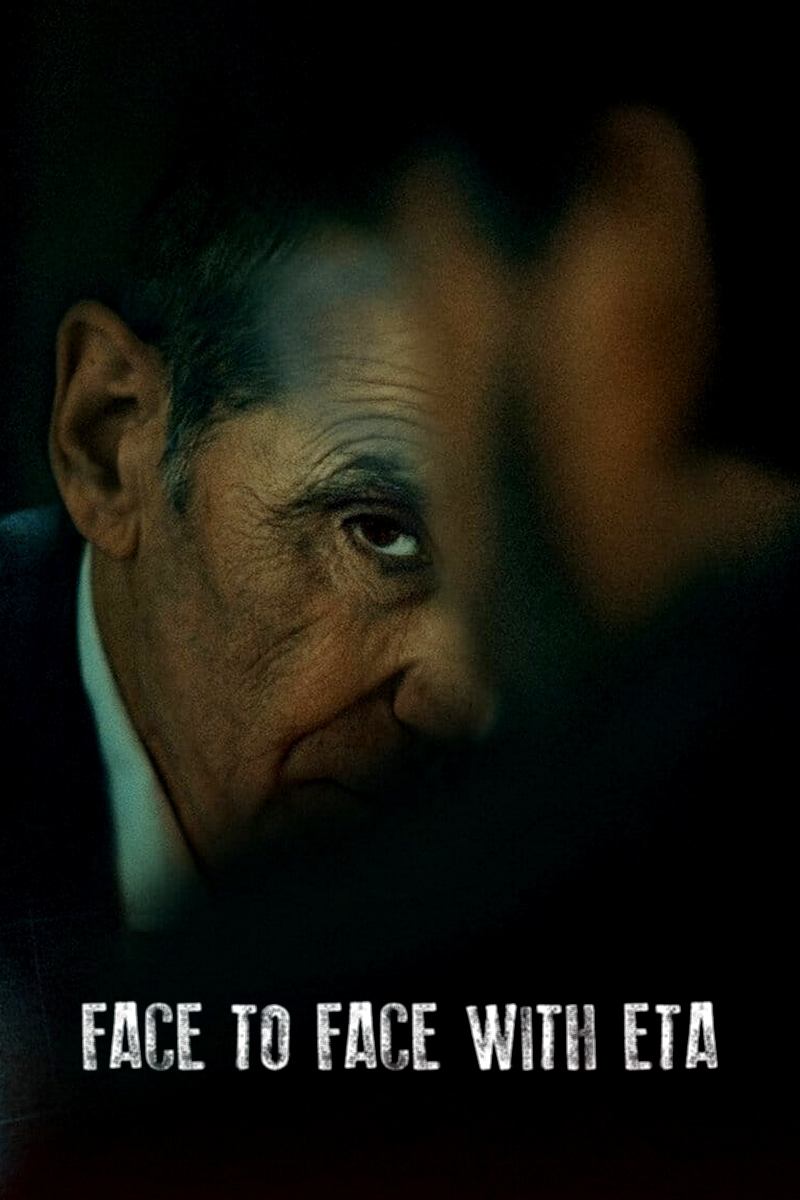
An in-depth interview with José Antonio Urrutikoetxea, known as Josu Ternera, one of the most relevant leaders of the terrorist gang ETA.

In the year 2000, Maixabel Lasa’s husband, Juan Maria Jauregi, was killed by ETA. Eleven years later, she receives an incredible request: one of the men who killed Juan wants to meet with her in the Nanclares de la Oca prison in Araba (Spain), where he is serving his sentence after breaking ties with the terrorist group. Despite her reservations and her immense pain, Maixabel Lasa agrees to meet face to face with those who ended the life of the person who had been her companion since she was 16 years old. ‘Everyone deserves a second chance’, she said, when asked why she was willing to confront the man who killed her husband.

Lide works the night shift for the construction company in charge of a new high-speed train network, a project that has attracted protests and violent attacks. One morning she wakes up to discover that her teenage daughter, Ane, is nowhere to be found.

A look at the impact of Spain’s Basque conflict on ordinary people on both sides, such as the widow of a man killed by the ETA who returns to her home village after the 2011 ceasefire between the separatist group and the Spanish government, and her former intimate friend, the mother of a jailed terrorist.

The birth of the Basque terrorist gang ETA and its first attack, of which José Antonio Pardines, a Guardia Civil traffic officer, was the victim.
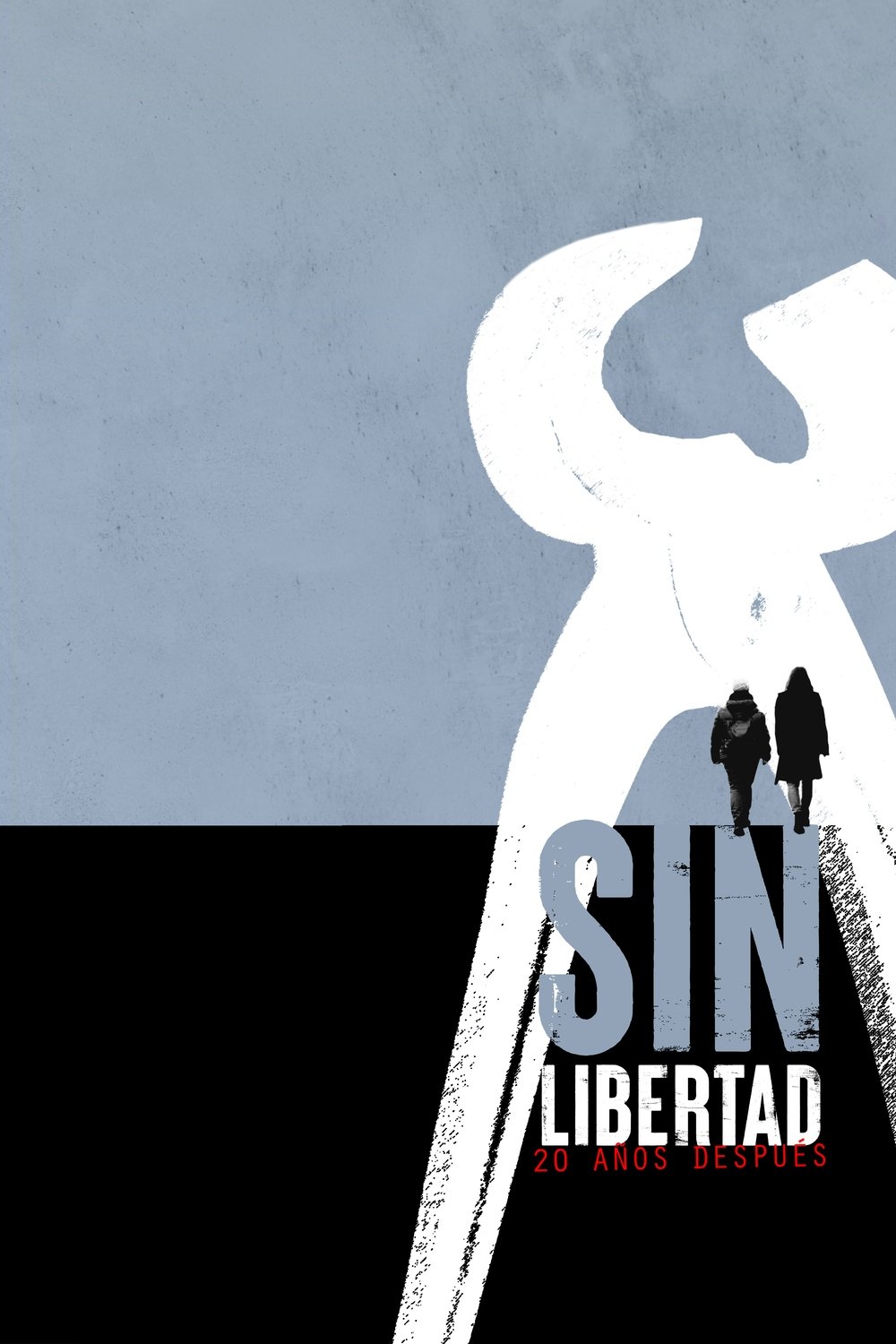
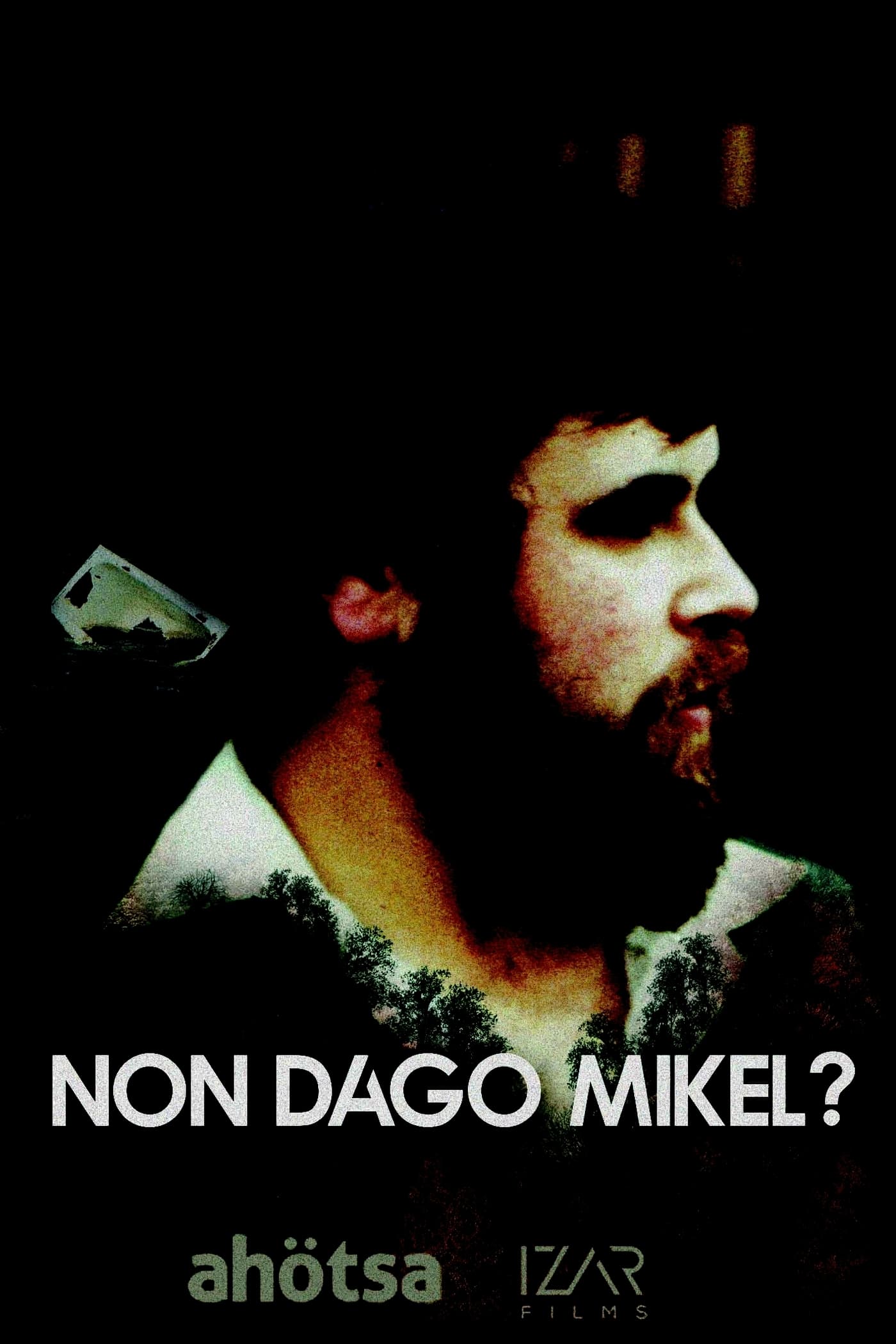
Donostia-San Sebastián, Basque Country, Spain, November 26th, 1985, at night. Mikel Zabalza, a young bus driver, is arrested along with other people by the Guardia Civil as part of an operation against the ruthless terrorist gang ETA. When the other detainees are released, they denounce that they have been brutally tortured in the Intxaurrondo facilities. Besides, Mikel is not among them: Mikel has disappeared.
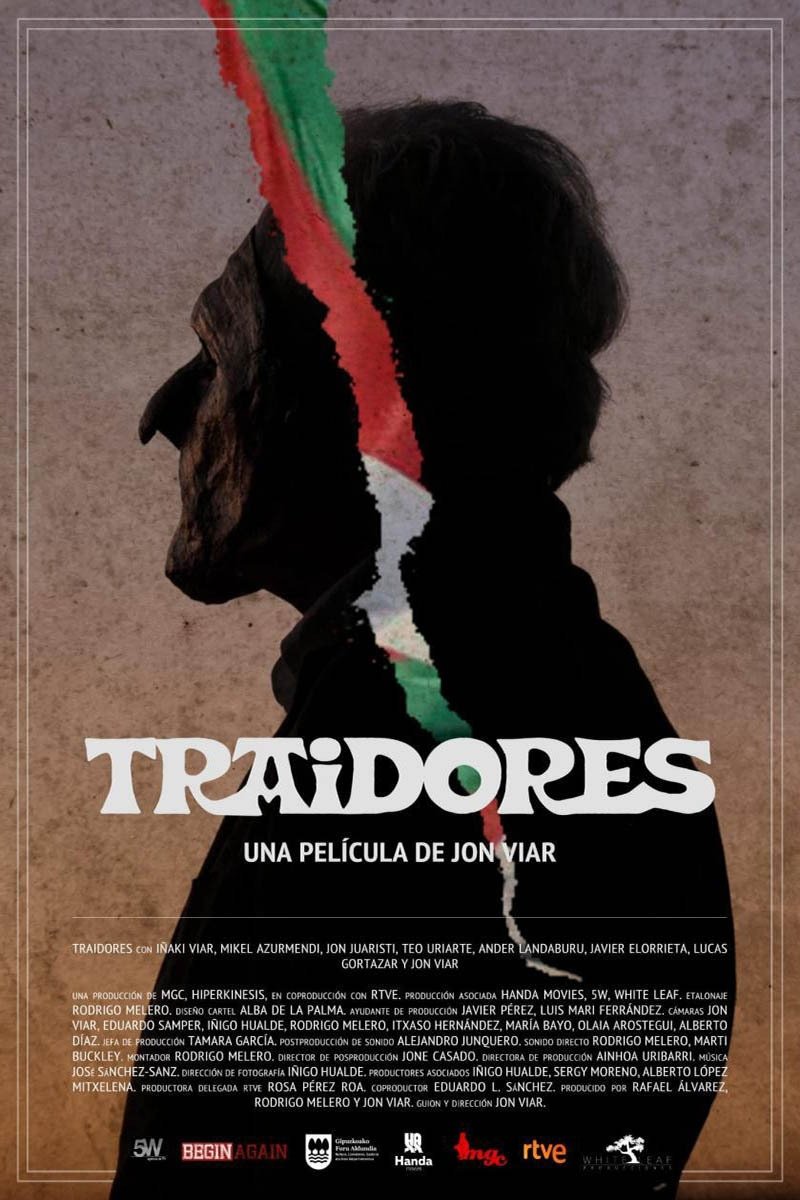
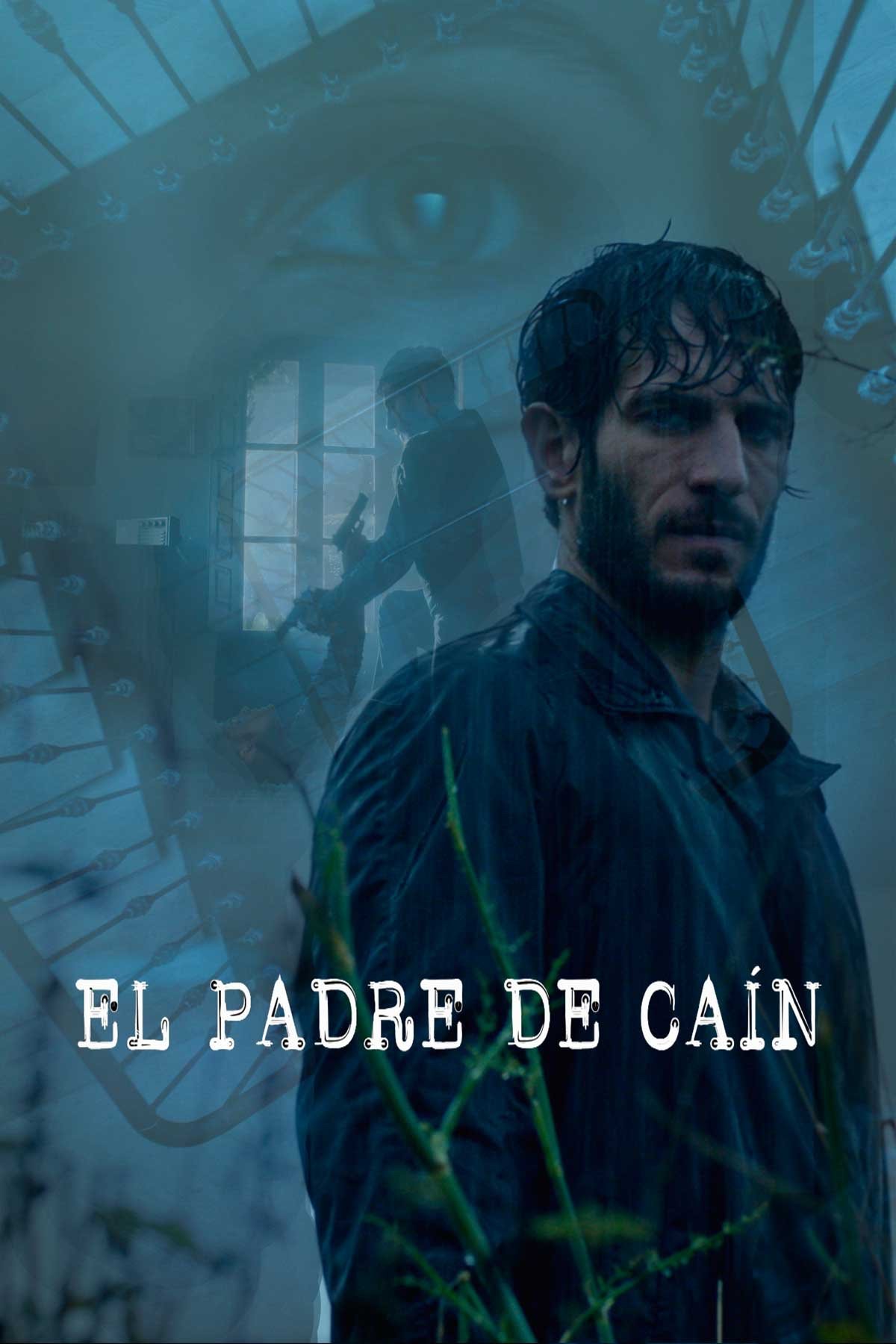
The Basque Country, Spain, 1980s. In an atmosphere of tension and fear, where the harassment of separatist nationalism and the violence of ETA terrorist gang are a constant in life, Eloy, a young civil guard from Madrid, arrives at the Intxaurrondo base, in San Sebastián, as a volunteer; a hostile environment that causes havoc among his companions: alcoholism, depression and suicides reign. The so-called “Northern Syndrome” kills as much as bombs do.
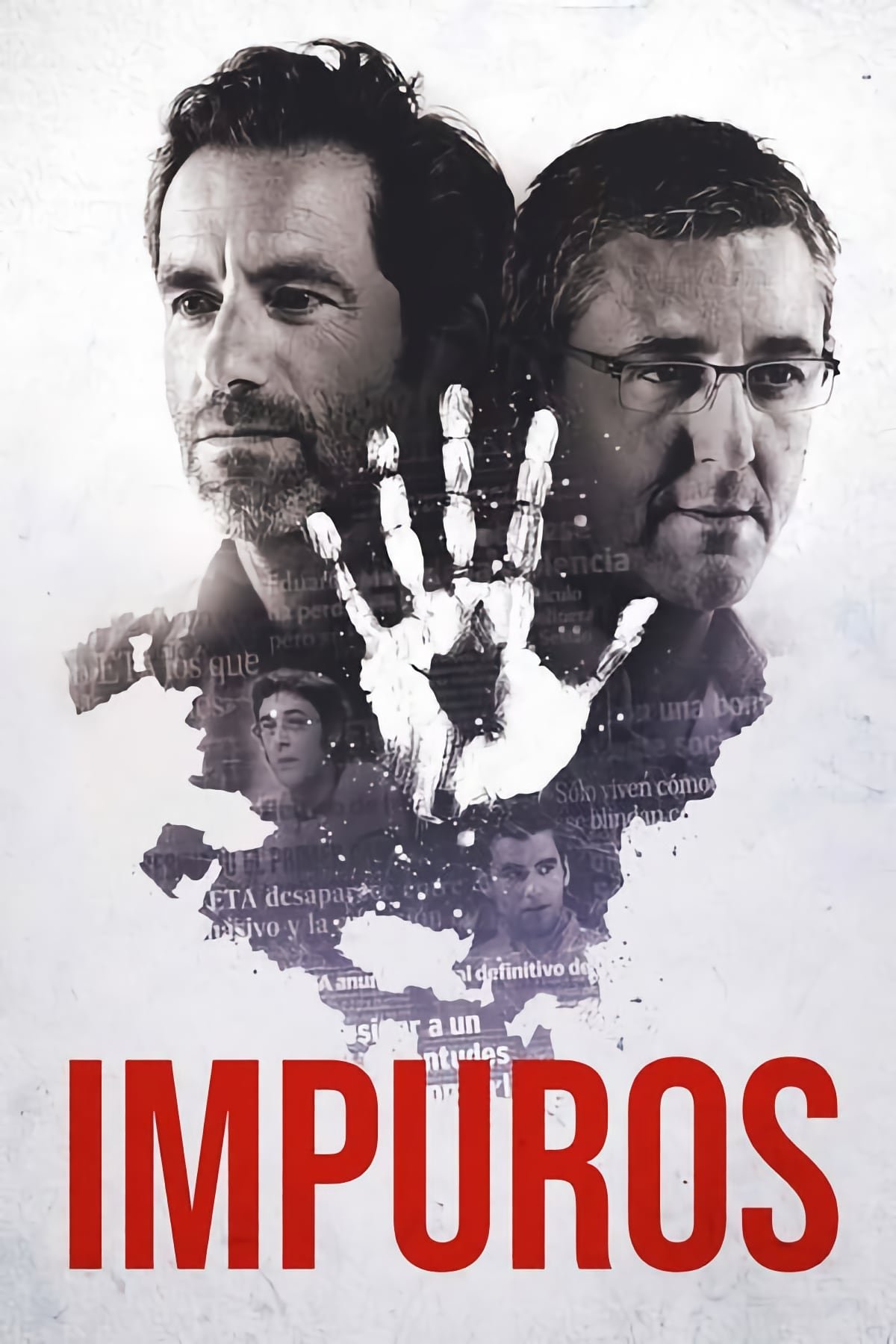
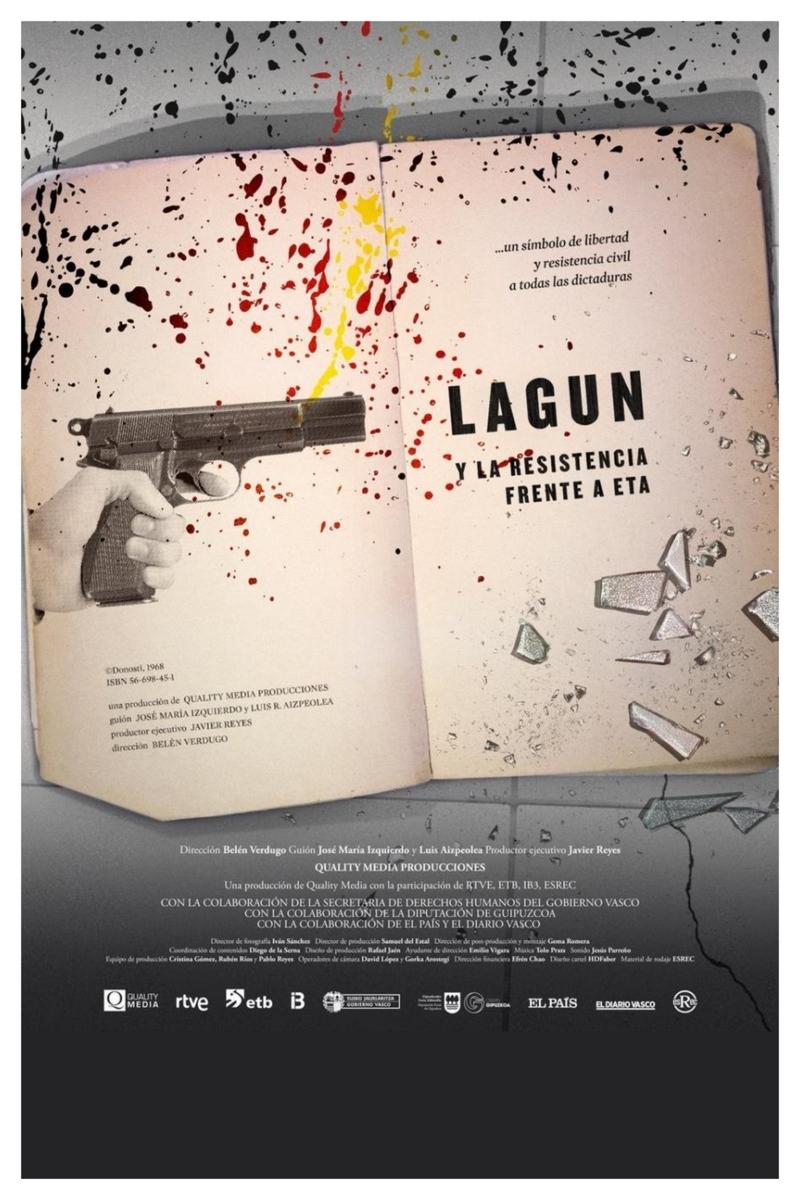
The turbulent story of the Lagun bookstore — located in San Sebastián, in the Basque Country, Spain — is a powerful tale of courage, resistance and struggle; first against the Franco dictatorship, then against the terrorist gang ETA and its numerous and sinister acolytes.
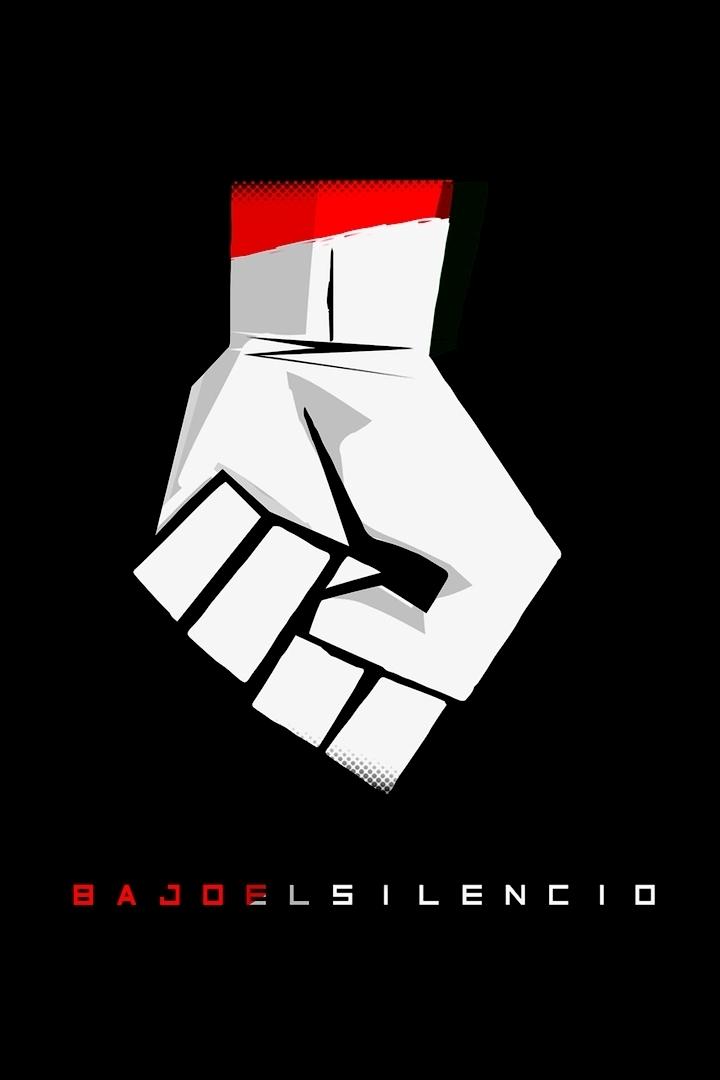

Province of Ciudad Real, Spain, December 29, 1990. During the annual march to the Herrera de la Mancha prison, held in support of the members of the terrorist gang ETA imprisoned there, the Basque rock band Negu Gorriak holds a concert, which is recorded, edited on video and turned into a tool of vindication. Decades later, a film crew tries to elaborate a personal essay around this event and its meaning.
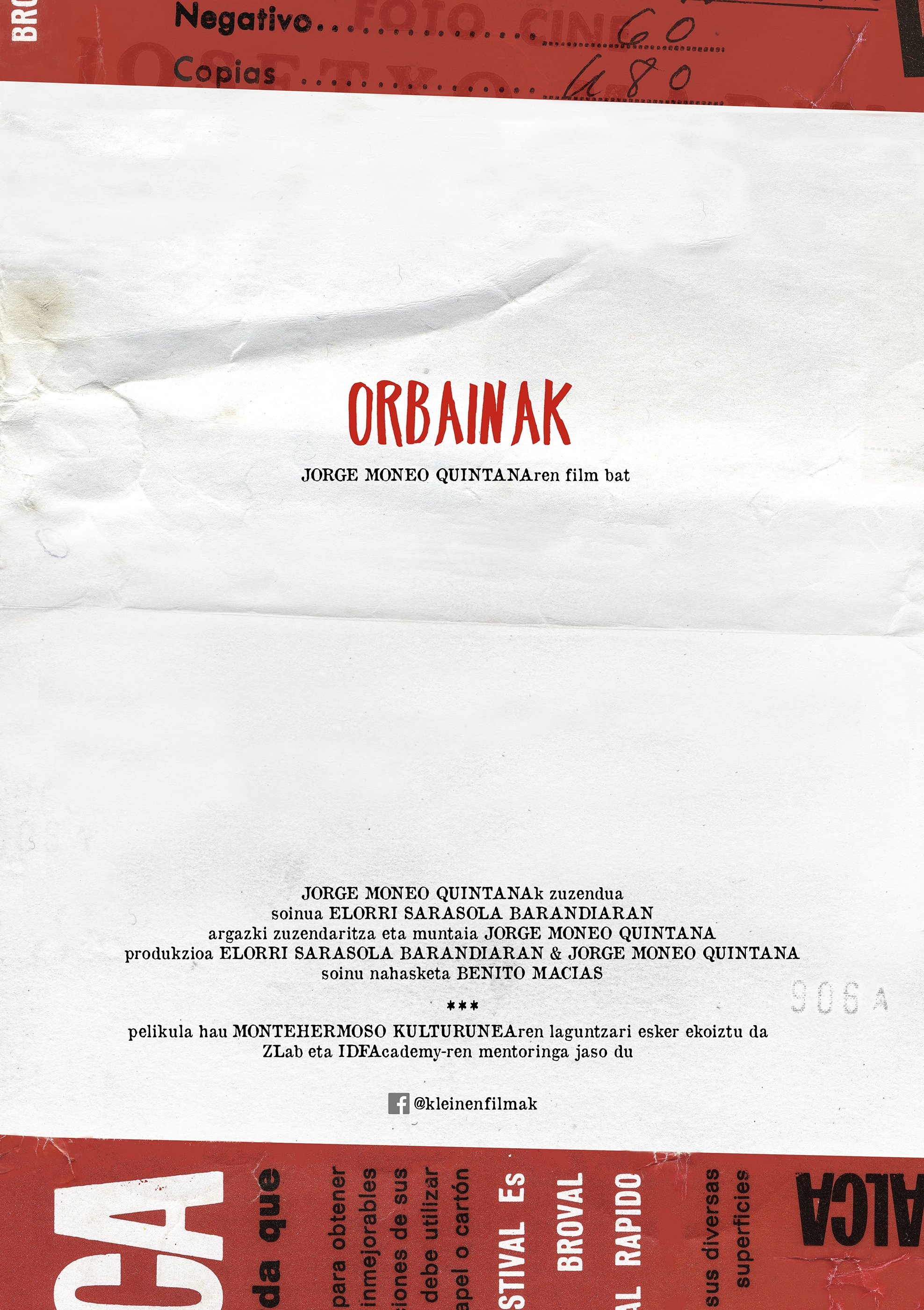
The personal stories lived by the Uncle, the Father and the Son, respectively, form a tragic experience that is drawn along a line in time. This line is comparable to a crease in the pages of the family album, but also to a crack in the walls of the paternal house. It resembles the open wound created when drilling into a mountain, but also a scar in the collective imaginary of a society, where the idea of salvation finds its tragic destiny in the political struggle. What is at the end of that line? Will old war songs be enough to circumvent that destiny?
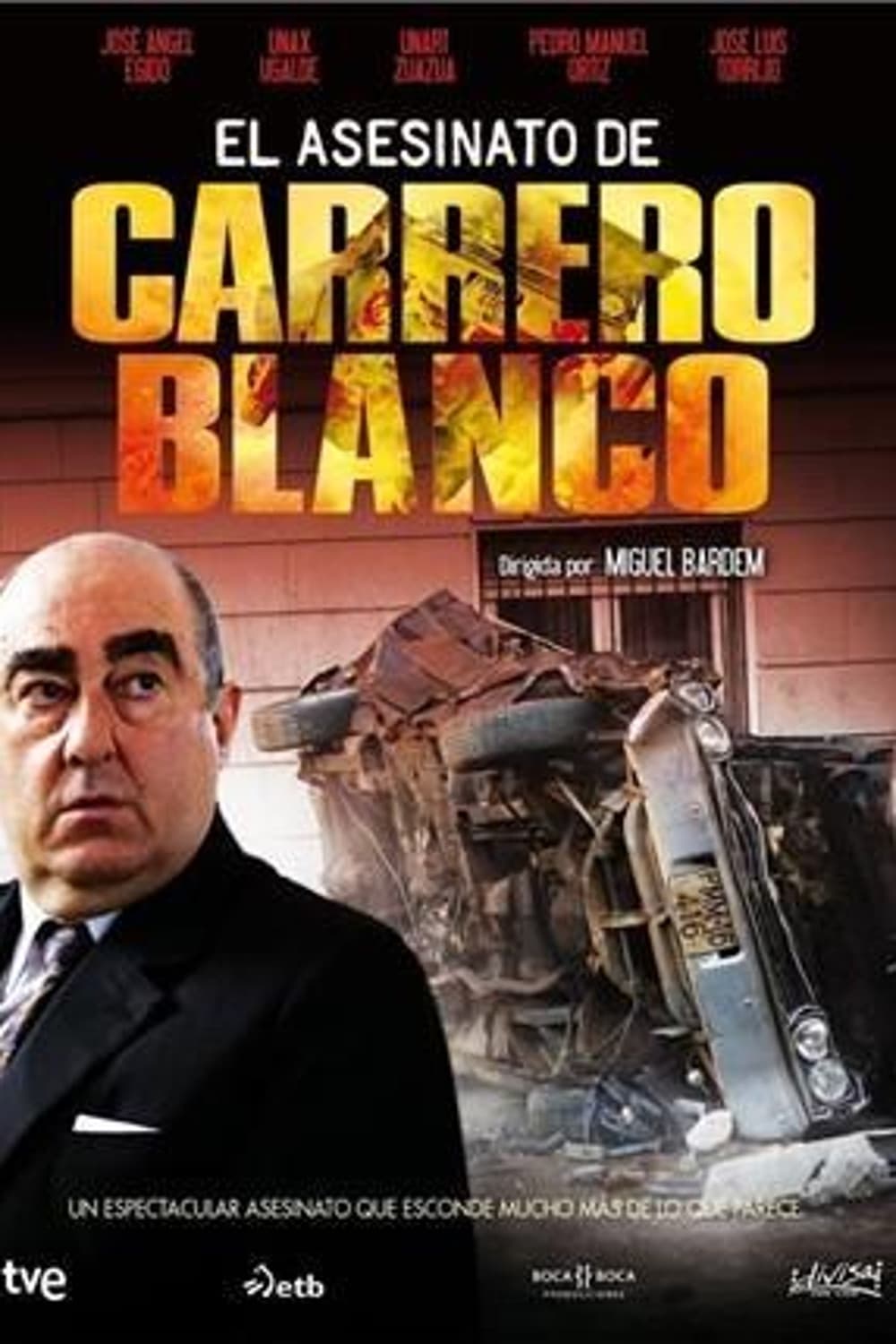
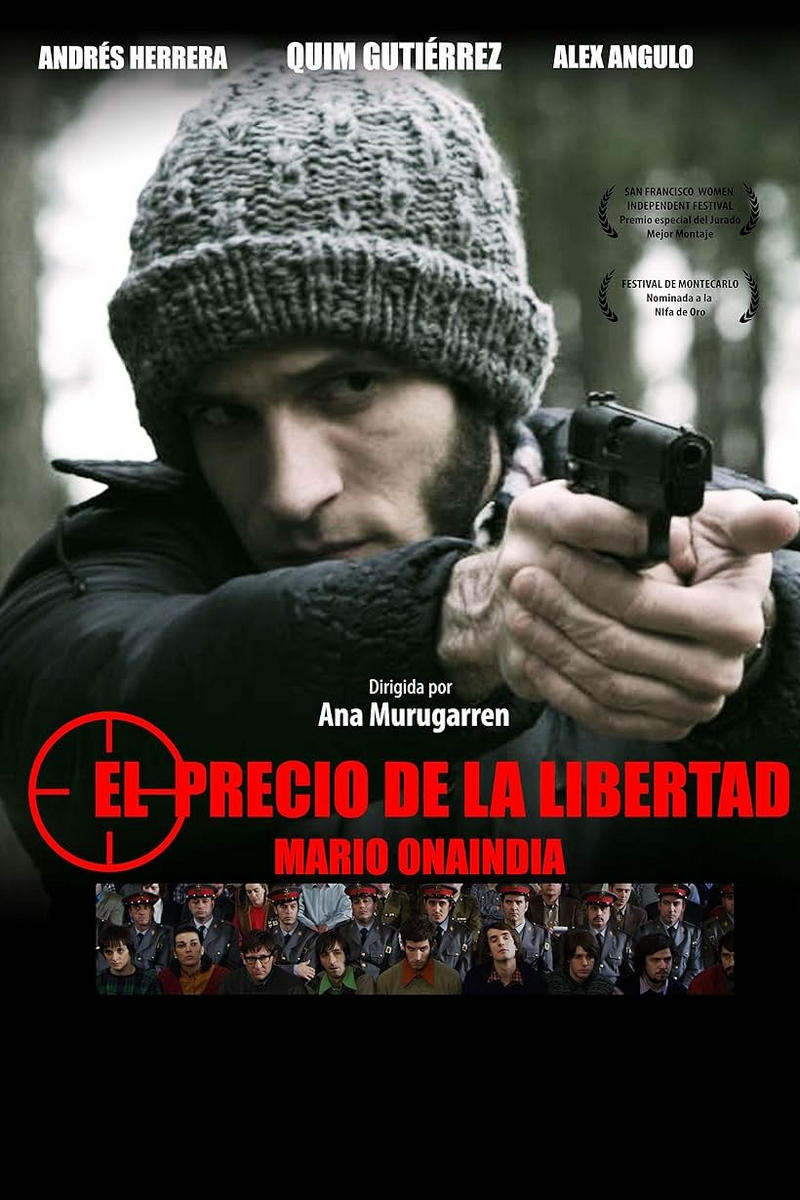
Mario, a member of the terrorist group ETA during Franco's dictatorship, drastically changes the course of his life when, with democracy in place, the organization decides to continue killing.
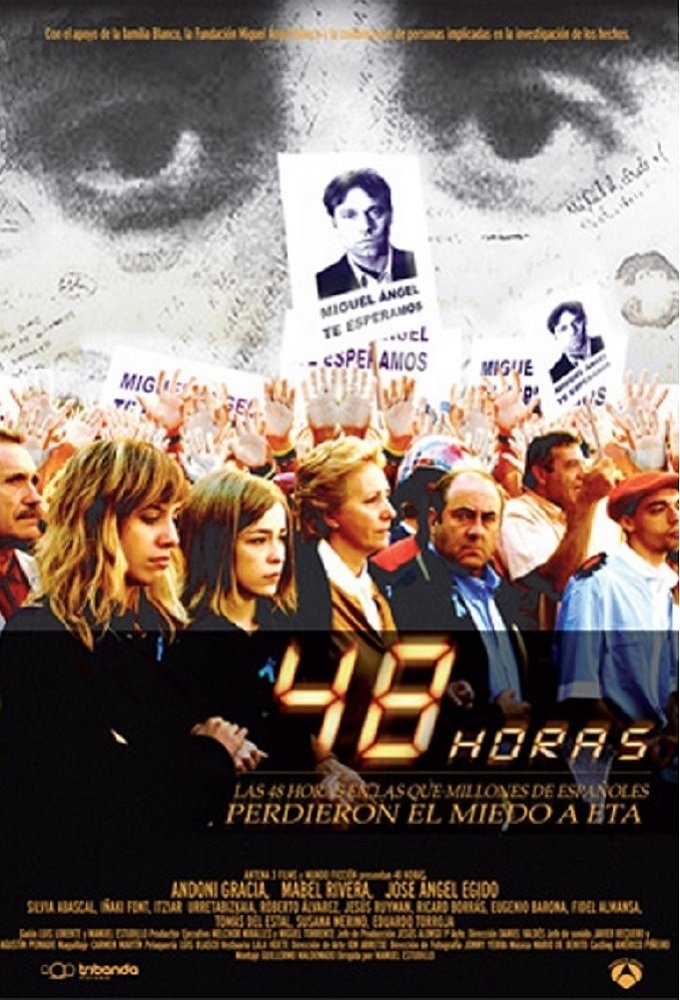

Jone is a sixteen year old girl that lives in Bilbao (Basque Country) in 2009. In her highschool you can feel the independentist environment, demonstrations, strikes... are usuals between the students organizations. In this moment her dad starts to work int the Basque Government, between other things he has to go with body guards. This situation will change Jones life and she will have to learn to live between two worlds that she doesn't understand yet, and to understand that not everything is black or white.
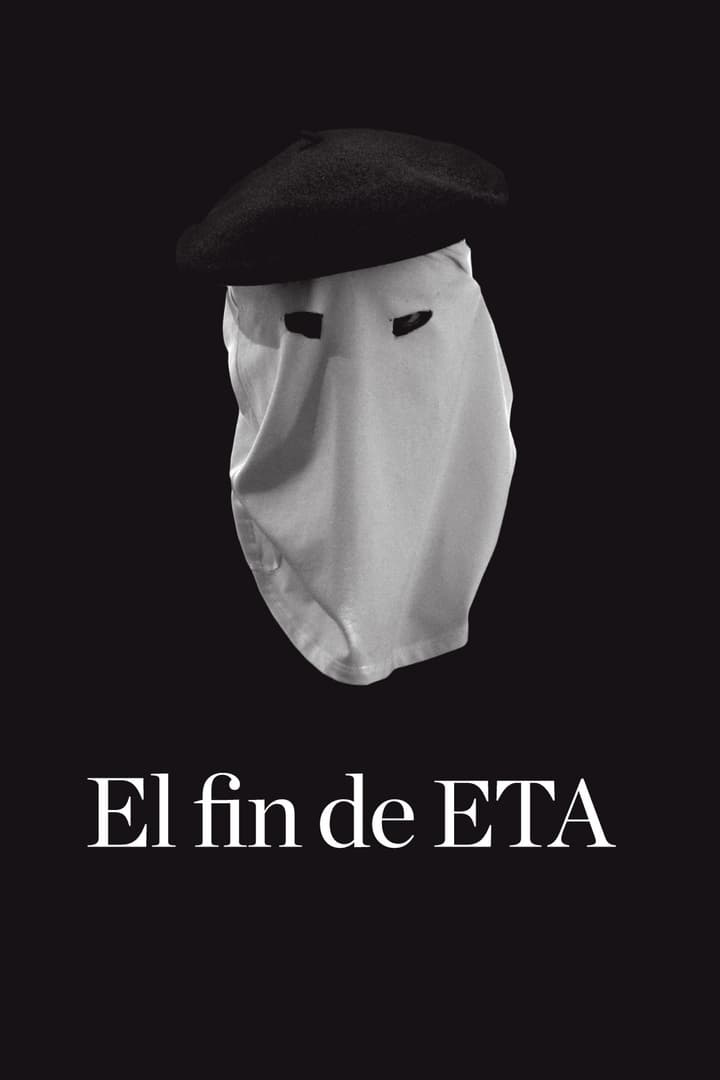
The chronicle of the process, ten long years, that led to the end of ETA (Euskadi Ta Askatasuna), a Basque terrorist gang that perpetrated robberies, kidnappings and murders in Spain and the French Basque Country for more than fifty years. Almost 1,000 people died, but others are still alive to tell the story of how the nightmare finally ended.

Somewhere in Spain, four ETA terrorists await a phone call before carrying out a mission, while the 2010 FIFA World Cup, where Spanish soccer team is one of the favorites to win, is being held in South Africa.

A tale of cheats and impostors, taking its inspiration from true facts and from one of the most intriguing characters of recent decades: the spy Francisco Paesa.

In the mid-1980s, the GAL, a Spanish paramilitary group, pursues and assassinates members of the terrorist gang ETA who have taken refuge in the sanctuary they have created in the south of France. Grégoire Fortin, advisor to the French Minister of Justice, and Domingo 'Txomin' Iturbe, leader of ETA, are forced to negotiate in order to find a solution to the violence that plagues the region.
By browsing this website, you accept our cookies policy.